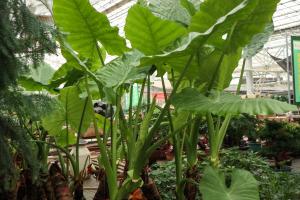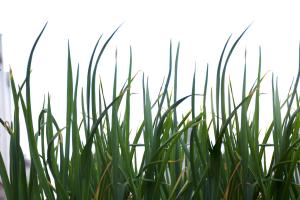What Time of Year to Plant Almond Trees
Almond trees are a great addition to any garden or orchard, providing both beauty and a delicious nut crop. One of the most important factors in successfully growing almond trees is choosing the right time of year to plant them. Below, we'll explore the best timing for planting almond trees and some tips for ensuring a healthy and fruitful harvest.
Early Winter Planting
The best time of year to plant almond trees is typically in the early winter months, which is generally considered to be between late December and February. Planting during this time has several benefits. Firstly, the soil is typically still moist from recent rain, which helps to provide the newly-planted almond tree with the necessary moisture to establish a healthy root system. Secondly, planting in the winter allows the tree to undergo a dormant period, which helps it acclimate to its new environment before the growing season kicks in.
Climatic Considerations
While early winter is generally the best time to plant almond trees, there are some climatic factors you should take into account before beginning. For example, if you live in a region that experiences extremely cold temperatures in the winter, you may want to wait until early spring to plant your almond trees. On the other hand, if you live in a climate with mild temperatures, early winter planting may still be the best option.
Soil Preparation
Regardless of when you plant your almond trees, proper soil preparation is essential for a healthy harvest. Almond trees prefer a soil that is well-draining and slightly acidic with a pH between 6.0 and 7.5. Additionally, it's a good idea to incorporate organic matter like compost or manure into the soil prior to planting to help the tree establish its roots and get the necessary nutrients it needs to grow. Depending on your soil's composition, you may also need to amend it with sand or other materials to ensure proper drainage.
Other Considerations
There are a few other considerations to keep in mind when planting almond trees. For example, it's important to choose a location with plenty of sunlight, as almond trees require at least six hours of direct sunlight each day. Additionally, you should ensure that your almond trees are spaced appropriately, allowing enough room for the tree to spread and grow. Finally, make sure to water your newly-planted almond trees regularly, particularly during dry spells or heatwaves.
Conclusion
Overall, the best time of year to plant almond trees is in early winter. By taking into account the climatic factors in your region, properly preparing your soil, and providing your almond trees with ample sunlight and water, you'll be able to enjoy a healthy and fruitful harvest for years to come.

 how many times do yo...
how many times do yo... how many planted tre...
how many planted tre... how many pine trees ...
how many pine trees ... how many pecan trees...
how many pecan trees... how many plants comp...
how many plants comp... how many plants can ...
how many plants can ... how many plants and ...
how many plants and ... how many pepper plan...
how many pepper plan...






























